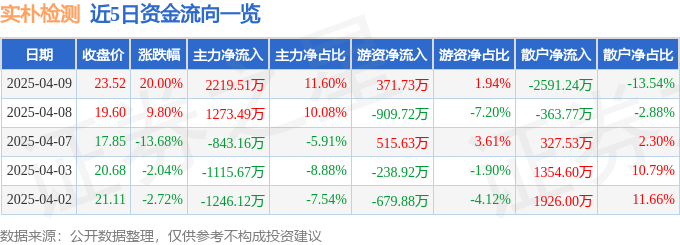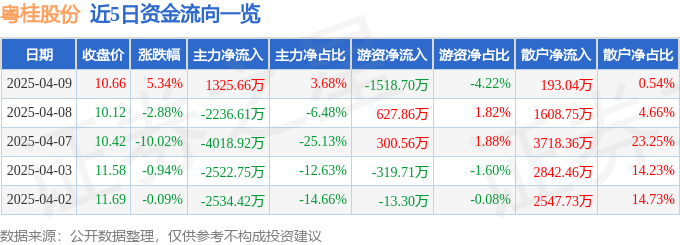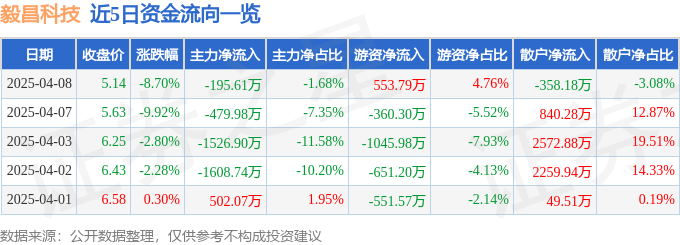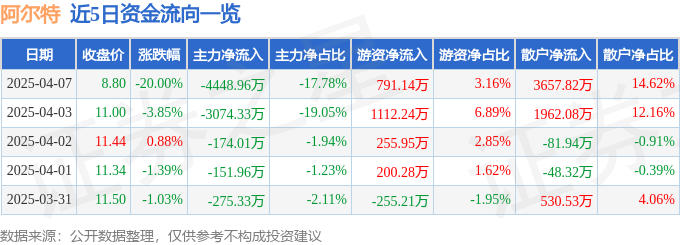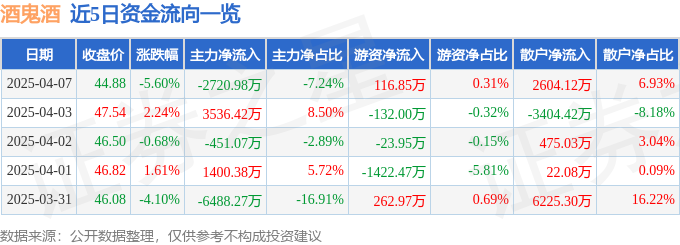《中华人民共和国反间谍法》修订适时、适合、适度
Revision of Counterespionage Law: Timely, Appropriate and Adequate

新版《中华人民共和国反间谍法》(以下简称《反间谍法》)自2023年4月修订通过以来,得到国际社会普遍尊重和支持,但部分外部势力抱着怕被“打脸”就“黑脸”、怕被“揭短”就“护短”、怕被“端锅”就“甩锅”的不良心态,对我国正常的反间谍立法和执法工作指手画脚、歪曲抹黑。然而事实是《反间谍法》的修订出台契机适时,程序规范,权责明晰,有力震慑了境外间谍情报机关的嚣张气焰,令广大人民群众更加安心。
The revised Counterespionage Law of the People’s Republic of China (hereinafter referred to as the “Counterespionage Law”), which was passed by the Standing Committee of the National People’s Congress in April 2023, has enjoyed universal respect and support from the international community. However, some external forces have criticized, distorted and discredited China’s counterespionage legislation and law enforcement in an uneasy, irresponsible and unsatisfied manner because they are worried that their intentions will be revealed and their problems will be exposed. The fact is that the Counterespionage Law was revised at an appropriate timing, through standardized procedures, with unequivocal provisions concerning rights and responsibilities, which has dealt a blow to foreign espionage and intelligence agencies’ blatant attempts to jeopardize China’s national security and made the Chinese people feel safer and more secure.
《反间谍法》修订契机“适时”
Timely Revision of the
Counterespionage Law
当前,在以中国式现代化全面推进中华民族伟大复兴的新征程上,我国发展站在了新的历史起点,外部环境和安全格局发生了重大变化,《反间谍法》的修订出台可谓正当其时、正应其势。
On the new journey of comprehensively promoting the great rejuvenation of the Chinese nation with Chinese modernization, China is standing at a new historical starting point for further development. Against the backdrop of major changes of the external environment and security pattern, the revision of the Counterespionage Law came at the right time and was in line with the trends of the times.
贯彻党中央新精神新部署。《反间谍法》的修订出台,是落实党的二十大精神的重要成果,是对中国特色国家安全法律制度体系的重要完善,以制度化、法治化方式推动党的创新理论在隐蔽战线落地生根,对深化新时代新征程反间谍斗争具有重大指导意义,为新时代新征程谱写“中国特色国家安全之治”新篇章提供了有力法律支撑。
The new guiding principles and deployment of the Communist Party of China (CPC) Central Committee have been realized in the revision of the Counterespionage Law, which is an important achievement in implementing the spirit of the 20th CPC National Congress. The revision of Counterespionage Law has improved the legal system for safeguarding national security with Chinese characteristics, and promoted the application of the Party’s theoretical innovation on national security in an institutionalized and legalized manner. This is of great significance for the fight against espionage on the new journey in the new era. In addition, it provides legal support for writing a new chapter of national security governance with Chinese characteristics on the new journey in the new era.
图片
适应反间谍斗争新形势。当前,国家安全领域的公开较量和隐蔽斗争轮番上演,各类间谍破坏活动的主体更加多元、目标更加复杂、领域更加广阔、手法更加隐蔽、危害更加严重,反间谍斗争形势严峻复杂。近期国家安全机关充分履行反间谍斗争职责,先后破获并揭批了美国中央情报局(CIA)间谍案、英国秘密情报局(MI6)间谍案等一系列案件,有力维护了我国国家主权、安全、发展利益。这充分表明,修订《反间谍法》是加强新形势下反间谍斗争的迫切需要,为新形势下防范打击各种间谍活动、维护国家安全提供了有力法律武器,为以新安全格局保障新发展格局、以高水平安全保障高质量发展打牢了法治基础。
China needs to adapt to the new situation in the fight against espionage. At present, there are constant overt contests and covert struggles in the field of national security. More actors have been engaged in espionage activities with more persified targets. They use more covert means in broader areas, resulting in increasingly dangerous consequences. The fight against espionage is severe and complex. China’s national security authorities have fully fulfilled their counterespionage responsibilities. They have uncovered and exposed a series of espionage cases committed by the Central Intelligence Agency and UK’s Secret Intelligence Service, thus safeguarding China’s national sovereignty, security and development interests. This fully demonstrates that the revision of the Law is urgently needed to strengthen the fight against espionage in the new situation. It provides a strong legal basis for preventing and combating all kinds of espionage activities to safeguard China’s national security under the new circumstances. It lays a solid legal foundation for ensuring a new development pattern with new security architecture and safeguarding high-quality development with high-level security.
《反间谍法》立法形式“适合”
Appropriate Legislative Form of
Counterespionage Law
以立法形式防范打击间谍活动、维护国家安全是国际社会通行做法,中国从维护本国国家安全出发修订出台《反间谍法》,是正当行为、正义之举。
It is a common practice in the international community to prevent and combat espionage and safeguard national security by means of legislation. It is legitimate and just for China to revise the Counterespionage Law to safeguard its national security.
重视反间谍工作是各国共识。间谍行为伴随着国家的产生而产生,由于其行为的敏感性、目的的政治性、主体的涉外性、形式的秘密性、影响的不可控性和损害的难以补救性,导致间谍行为成为危害国家安全诸多因素中最为严重的行为之一,各国无不严厉打击。中国依法维护国家安全,开展反间谍斗争,乃是光明磊落的正义之举。
Emphasis on counterespionage is a consensus among countries worldwide. Espionage arose with the emergence of the state. Due to its sensitive behavior, political purpose, foreign subject, secret form, uncontrollable impact, and irreparable damage, espionage has become one of the most serious behaviors among the many factors that jeopardize national security. All countries have intensified their efforts to combat espionage. China safeguards its national security and conducts counterespionage operations in accordance with the law, which is an aboveboard and righteous act.
开展反间谍立法是大国标配。针对间谍行为进行防治防范和规范立法,防止国家秘密泄露和维护国家安全是国际通行做法。美国于1917年通过间谍法,又于1996年颁布全球首部经济间谍法;英国于2023年推出国家安全法案,增设“破坏罪”“外国干预罪”等刑事罪名;法国是在大陆法系中对间谍罪立法最为详尽的国家,法国刑法中涉及间谍犯罪的条款共有12条;俄罗斯在俄罗斯联邦刑法典中对间谍行为及其处罚给予详尽规定。
Counterespionage legislation is a necessity for major countries. It is an internationally accepted practice to prevent and combat espionage and to avoid the leakage of state secrets for safeguarding national security. The United States passed the Espionage Act in 1917, and enacted the Economic Espionage Act in 1996, which is the world’s first act concerning economic espionage. The United Kingdom introduced the National Security Act 2023, which adds criminal offenses such as sabotage and foreign interference. France has the most detailed legislation concerning espionage crimes in the countries that have a civil law system, with 12 articles related to espionage crimes in the French criminal law. Russia also has detailed provisions on espionage and relevant punishment in the Criminal Code of the Russian Federation.
《反间谍法》法律赋权“适度”
Adequate Legal Empowerment
for the Counterespionage Law
《反间谍法》修订出台严格遵守中国国内有关法律,程序严谨合规,权责清晰明确,充分体现了中国立法活动的公开透明、清楚明确。
Strict adherence to relevant laws and regulations in China is a priority for the revision of Counterespionage Law. The revision procedures are rigorous and standardized, and the rights and responsibilities regulated in the revised Law are crystal clear. This reflects the openness, transparency and clarity of China’s legislative process.
修订程序科学公开。在《反间谍法》修订过程中,全文公布修订草案文本,征求社会公众意见;立法工作部门以召开座谈会、论证会和实地调研一线执法单位等多种方式广泛征求社会各方面意见。《反间谍法》修订草案的起草和审议过程严格按照《中华人民共和国立法法》规定要求,对修订草案主要条款的可行性、出台时机、社会效果和可能发生的问题进行立法通过前评估,并依法对修订草案进行合宪性审查,充分体现科学立法、民主立法、依法立法的原则。
The revision process is orderly and open to the public. The full text of the draft was published for public comment during the revision process. The legislative branch held symposiums, advisory meetings, and field surveys of frontline law enforcement units to solicit opinions from all sectors of society. The drafting and deliberation process of the revised Law strictly followed the provisions and requirements of the Legislation Law of the People’s Republic of China. A pre-legislation assessment was conducted on the feasibility, timing, social effects and possible problems of the main provisions of the draft, and the constitutionality of the revised draft has been reviewed according to law. This demonstrates that China carries out lawmaking in a well-conceived and democratic way and in accordance with law.
统筹赋权限权关系。《反间谍法》妥善处理赋权与限权的关系,加强对行使公权力的监督制约。在赋权方面,进一步强化党中央对反间谍工作的集中统一领导,针对性完善间谍行为的界定,强化国家安全机关反间谍执法和监督责任,完善反间谍调查处置措施,扩大行政处罚适用种类和范围;在限权方面,《反间谍法》明确规定“反间谍工作应当依法进行,尊重和保障人权,保障个人和组织的合法权益”。同时,《反间谍法》设立“保障与监督”专章,进一步明确国家安全机关执法规范要求,严格审批程序,加强对国家安全机关工作人员违法行为的监督。
It is necessary to balance empowerment with restrictions on power. The revised Counterespionage Law properly handles the above-mentioned relationship and strengthens supervision and restrictions on the exercise of public power. In terms of empowerment, it has further strengthened the centralized and unified leadership of the Central Committee of CPC over counterespionage, clarified the definition of espionage in a targeted manner, consolidated the responsibilities of national security authorities in counterespionage law enforcement and supervision, refined disposal measures for counterespionage investigations and expanded the applicable types and scope of administrative penalties. In terms of power restrictions, the revised Counterespionage Law explicitly stipulates that, “Counterespionage work shall be carried out in accordance with the law, respecting and protecting human rights, and safeguarding the lawful rights and interests of inpiduals and organizations.” At the same time, it establishes a chapter on Safeguards and Supervision, which further clarifies the normative requirements for law enforcement by the national security authorities, strictly implements the approval procedures and strengthens supervision on unlawful acts committed by the staff members of the national security authorities.









